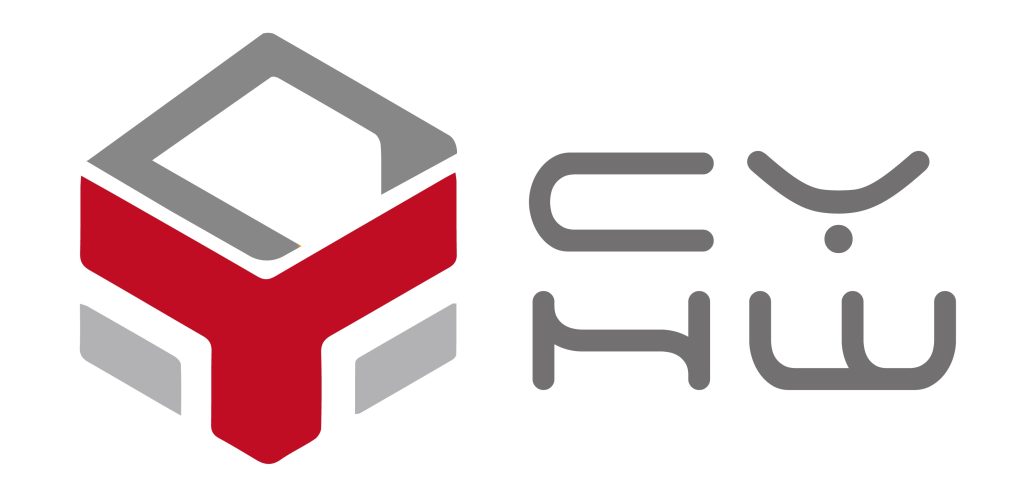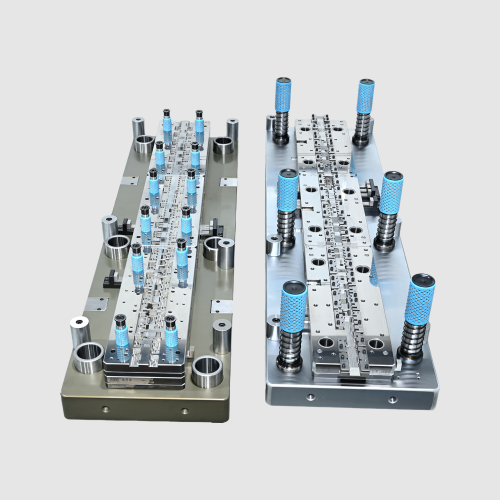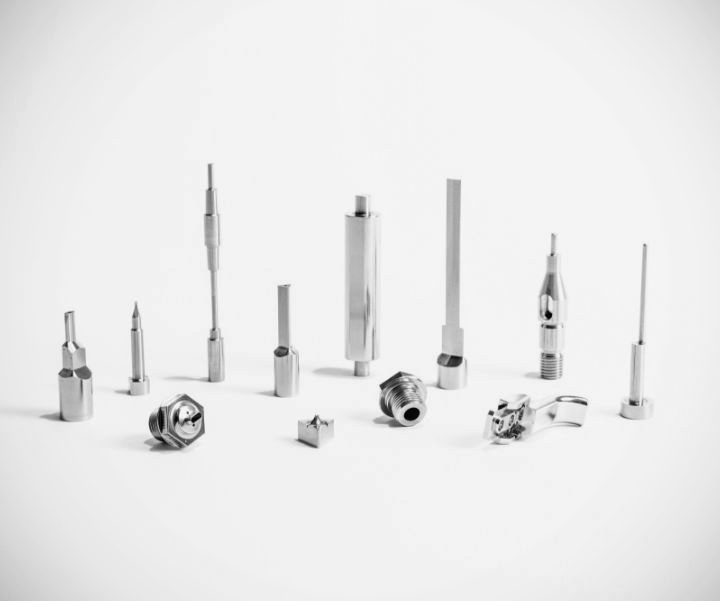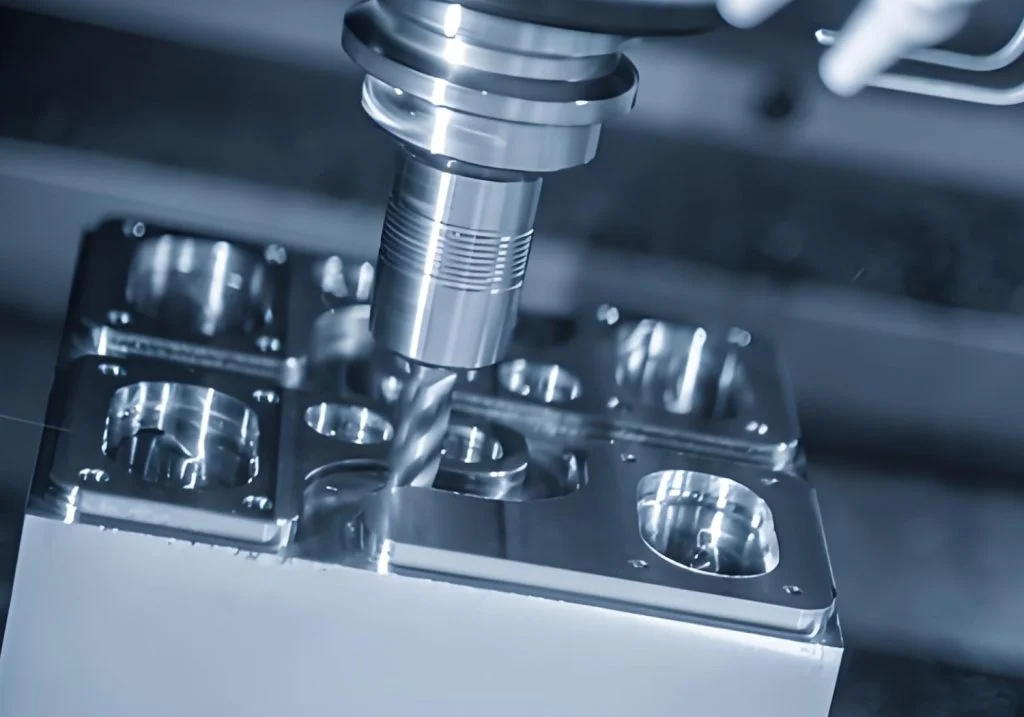Die cutting is unforgiving. Even the most minor error can ruin an entire batch. Manufacturers know this well. That is why they rely on Precision Tools to maintain accuracy. These tools help reduce waste, shorten production cycles, and improve quality. Let’s explore how they achieve consistent results in complex die-cutting processes.
Consistent Measurement Ensures Repeatability
Every die-cutting project demands repeatability. Without accurate measurement, parts will vary, and assemblies will fail to function correctly. Precision Tools ensure that each cut follows the exact specification. Moreover, micrometre-level accuracy reduces the deviations that typically occur from manual work. As a result, manufacturers can repeat the same cut across thousands of pieces. This consistency reduces scrap rates, enhances reliability, and ensures customer satisfaction. Manufacturers stay competitive because Precision Tools keep processes stable.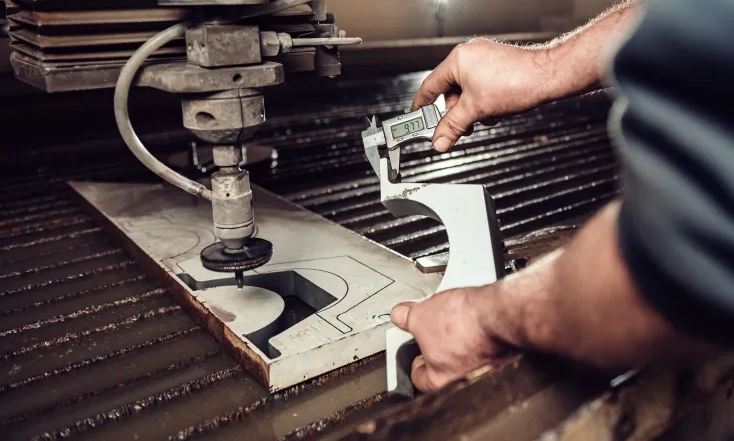
Better Alignment of Components
Alignment errors are a significant source of defects. A slight misalignment in the die set can cause burrs, cracks, or wasted material. Precision Tools provide exact positioning of punches and dies. Additionally, they ensure that all moving parts remain in alignment throughout the cycle. Consequently, machines run smoother, with less vibration and fewer stoppages. Correct alignment also extends tool life, which saves money over time. Therefore, better alignment is one of the most apparent benefits of Precision Tools.
Minimising Material Waste
Material waste directly affects profitability. Even a slight error in die cutting multiplies across hundreds of sheets. Precision Tool helps control material usage by keeping cuts sharp and predictable. For example, tight tolerances prevent excess trimming and rework. Moreover, accurate tools allow designers to nest parts more efficiently, reducing leftover scrap. The result is not only cost savings but also sustainable manufacturing. By minimising waste, Precision Tools supports both economic and environmental goals.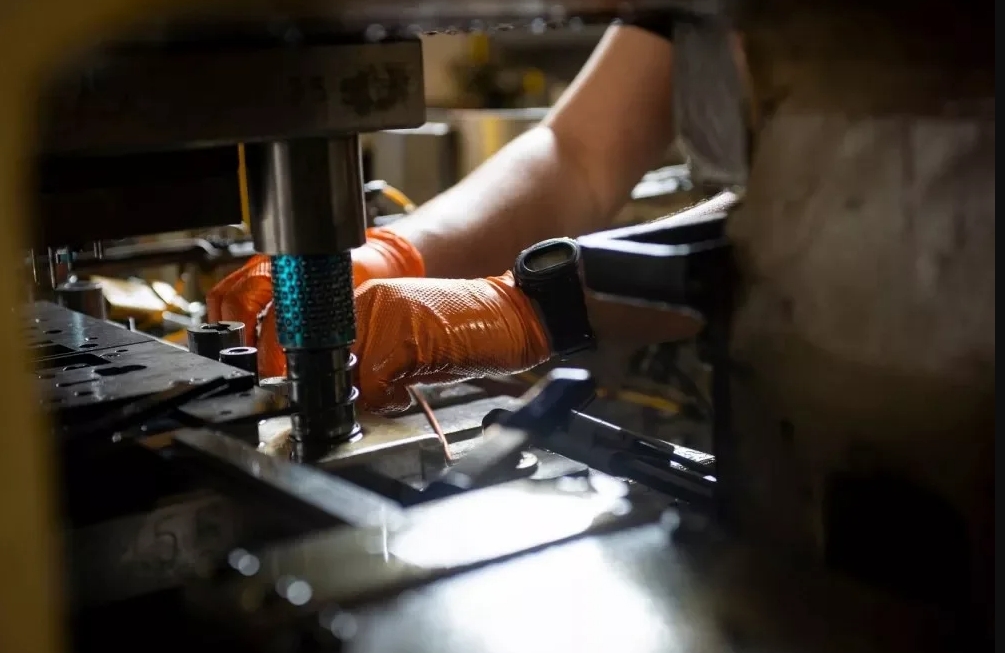
Improving Surface Finish and Edge Quality
Edge quality is crucial in industries such as electronics and the automotive sector. Poor edges create weak joints, fitting problems, and safety risks. Precision Tools maintain sharpness and control during complex cuts. This prevents rough edges, cracks, or uneven surfaces. As a result, parts meet high standards without requiring costly finishing work.
Additionally, smoother cuts reduce stress on the materials. That means longer component life and fewer failures in the field. Precision Tools make high-quality finishes the norm, not the exception.
Enhancing Process Control and Monitoring
Modern die cutting integrates sensors and monitoring systems. Precision Tools complement these technologies by offering reliable inputs. For example, tool wear indicators give accurate data for maintenance schedules. Additionally, consistent tooling enables machines to respond predictably to automated adjustments. Therefore, operators gain more control with less guesswork. As processes become more complex, this balance between tooling and monitoring is essential. Precision Tools provide the foundation that makes automation effective.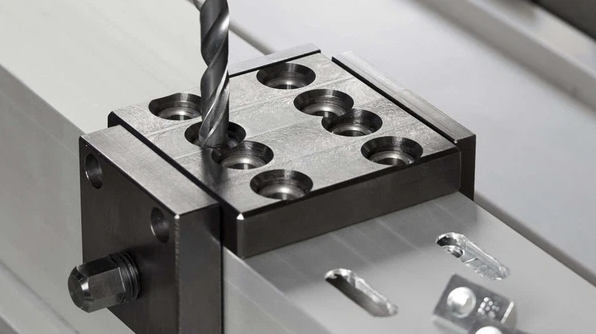
Extending Tool Life and Reducing Downtime
Downtime is costly in any factory. Frequent tool replacement slows production and increases expense. Precision Tool lasts longer because they are made with high-quality materials and exacting standards. Moreover, their durability reduces the need for constant recalibration. As a result, production runs are more extended and smoother. Less downtime means more output and fewer interruptions for maintenance. By extending tool life, Precision Tools directly increases profitability.
Building Trust with End Customers
Customers expect flawless components. When errors appear, trust erodes quickly. Precision Tool helps manufacturers deliver consistent quality with fewer defects. Moreover, accurate tooling reduces delays caused by rework or inspections. Customers benefit from faster lead times and a reliable supply. In industries such as medical devices or aerospace, this consistency is critical. Trust is earned when quality never wavers, and Precision Tool makes that possible.
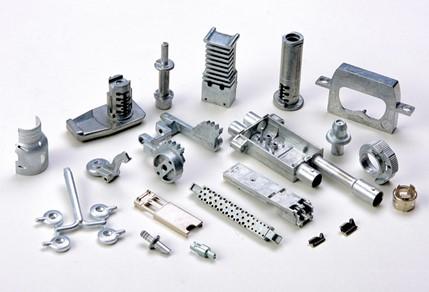
Why manufacturers rely on Precision Tools
Precision Tools reduce errors in complex die cutting by ensuring accuracy, repeatability, and efficiency. They minimise waste, improve alignment, and create better finishes. They extend tool life and support automation. Most importantly, they help manufacturers meet strict quality expectations. For these reasons, Precision Tools are not optional—they are essential for modern die cutting success.
